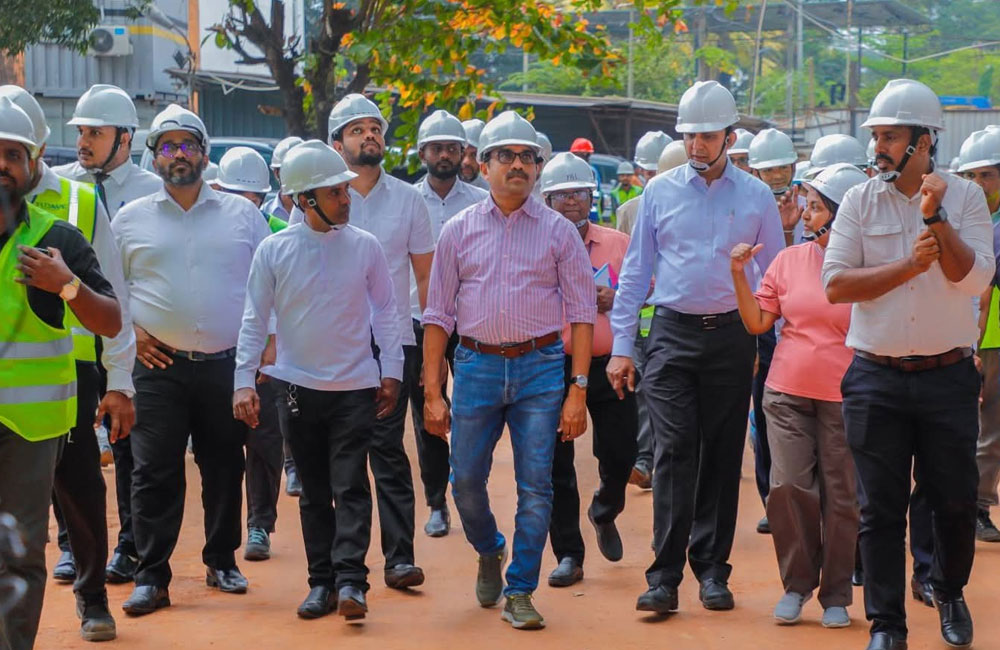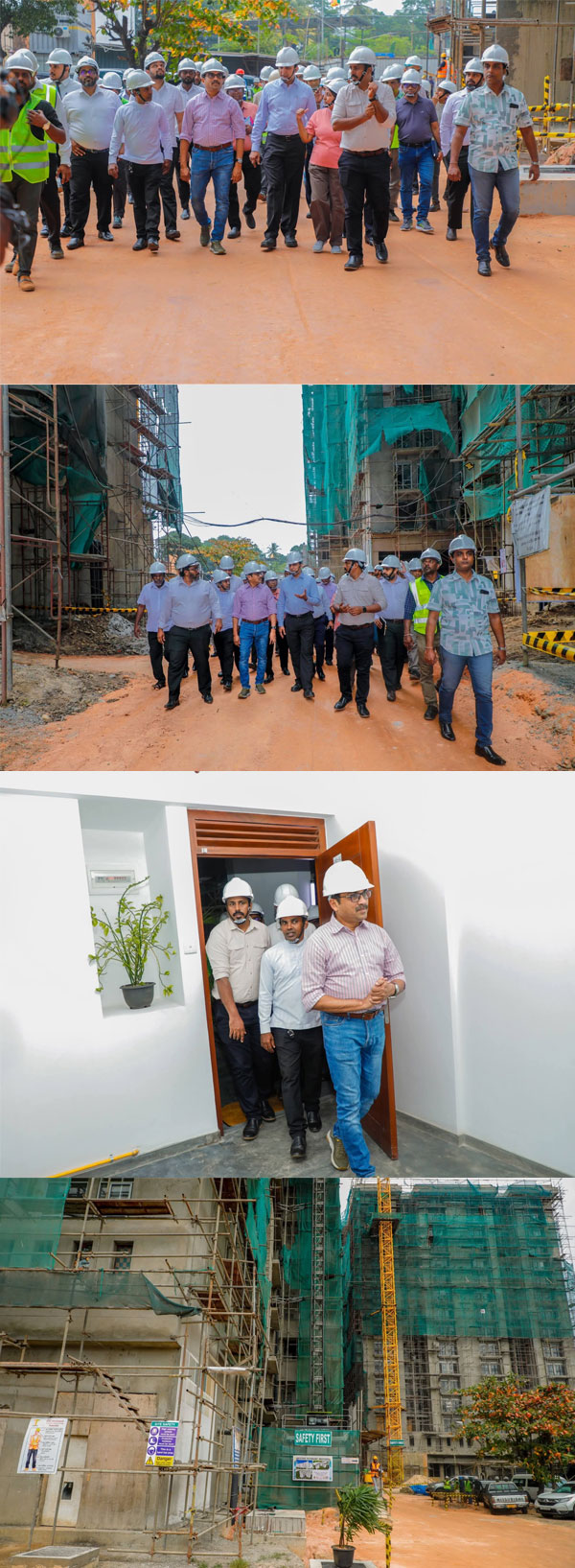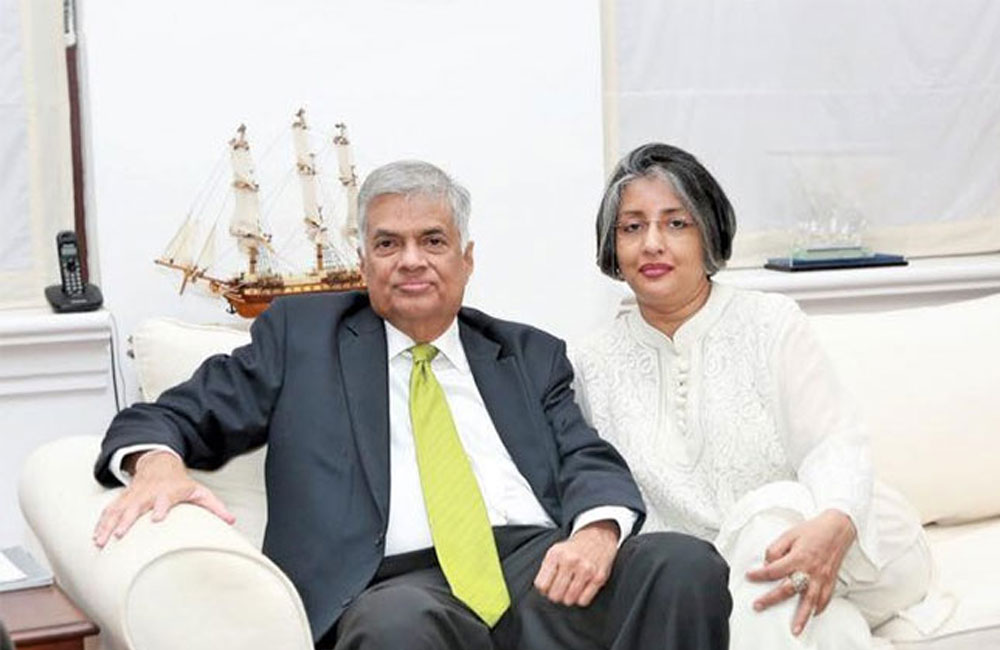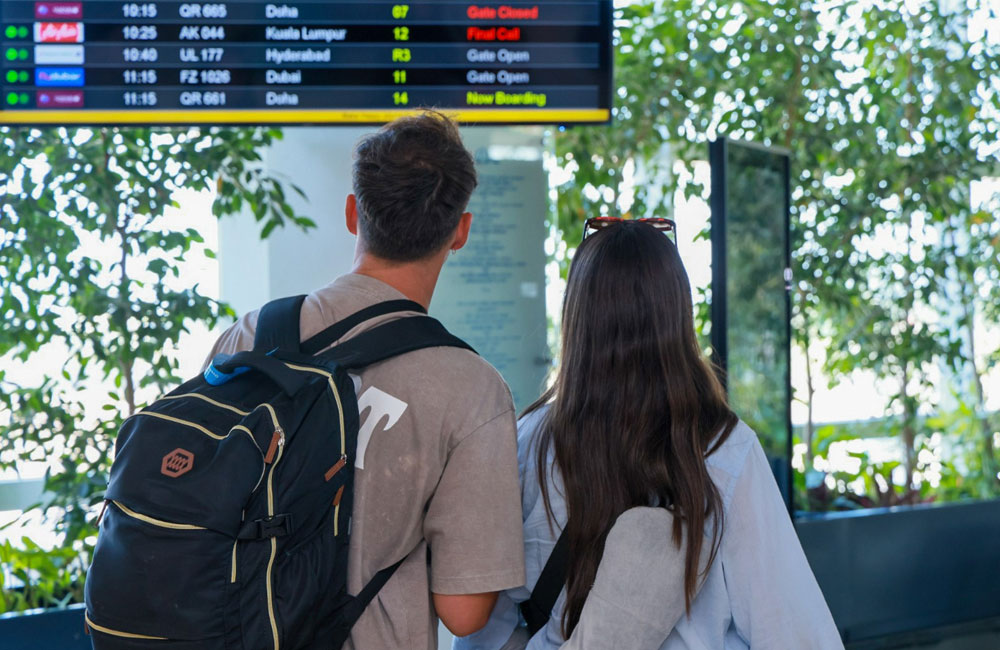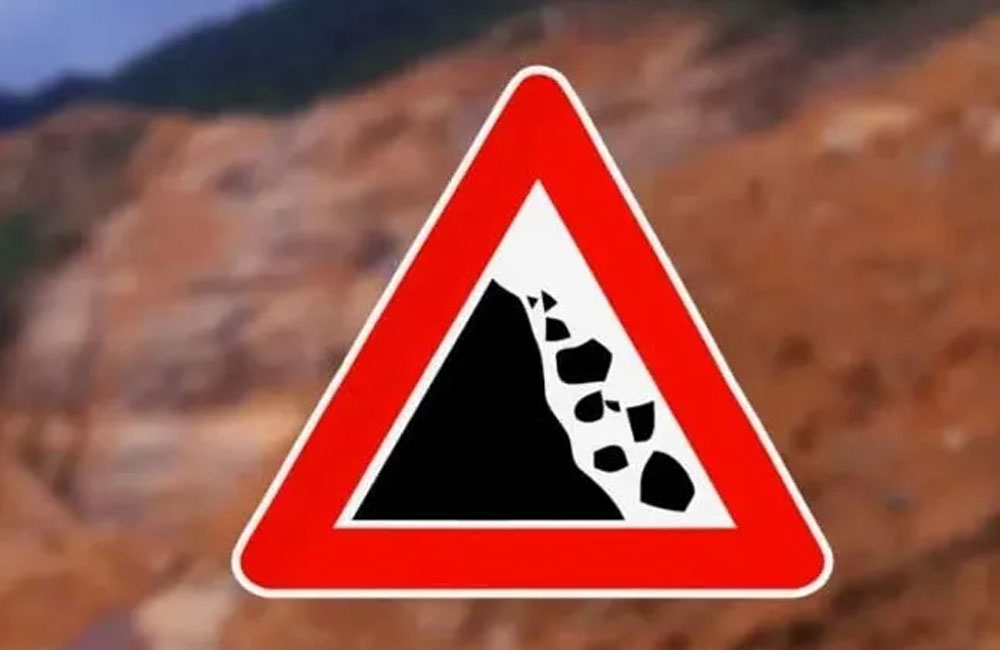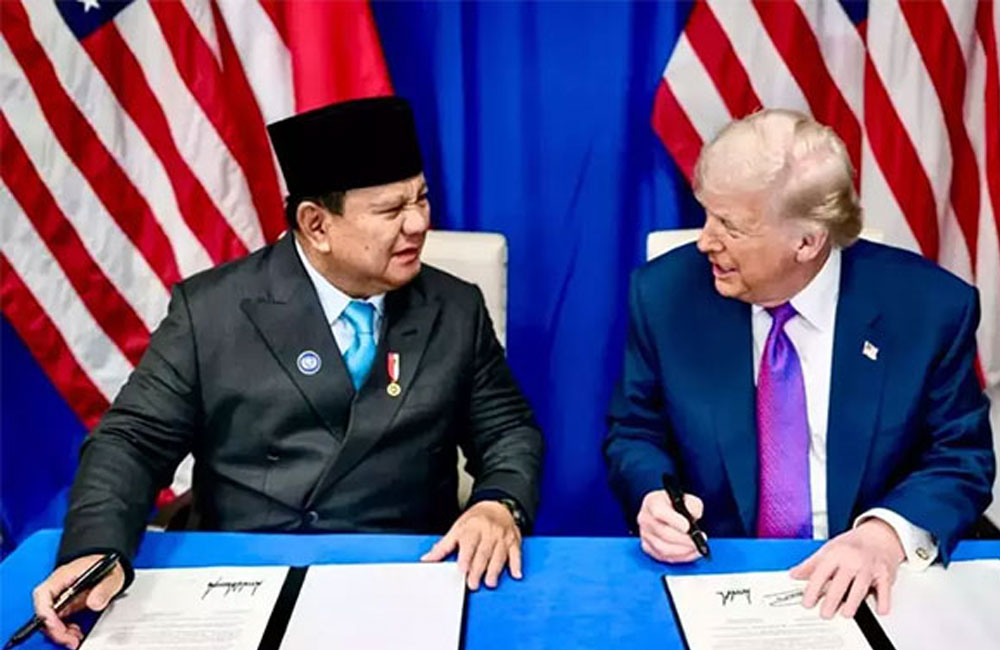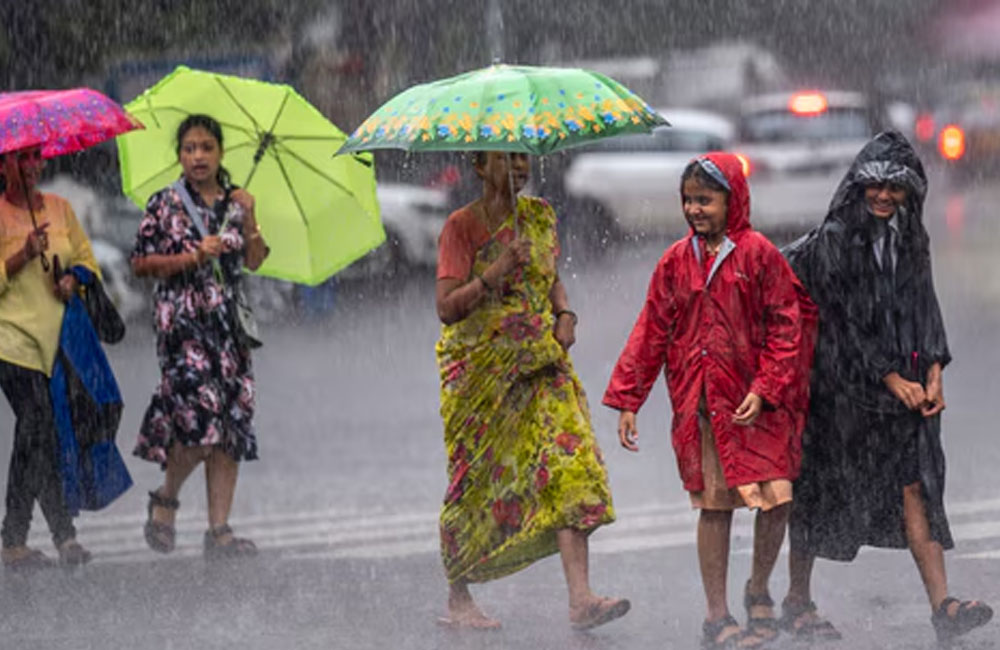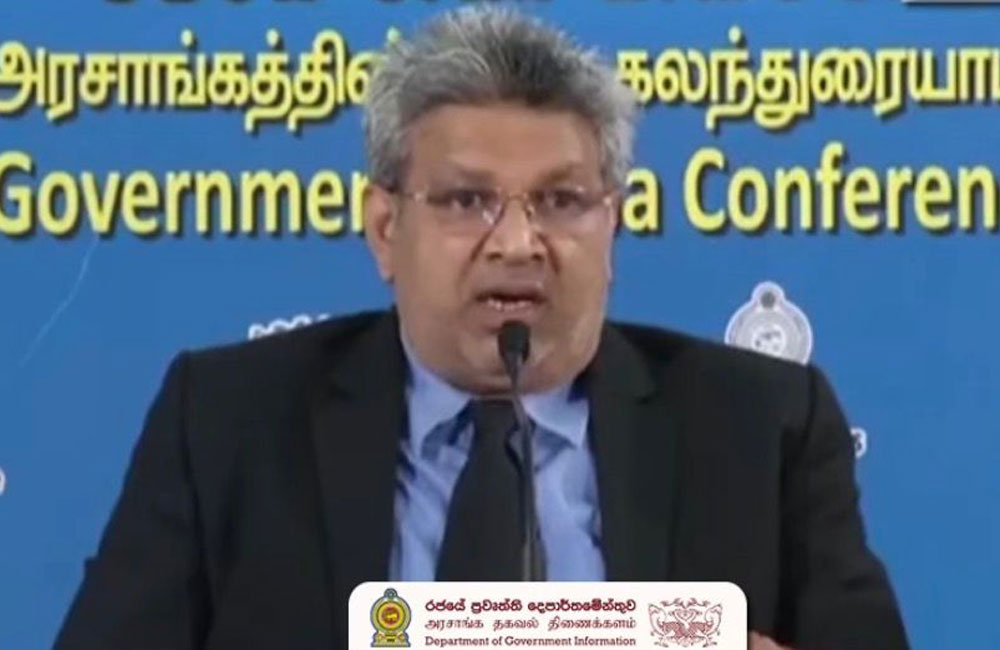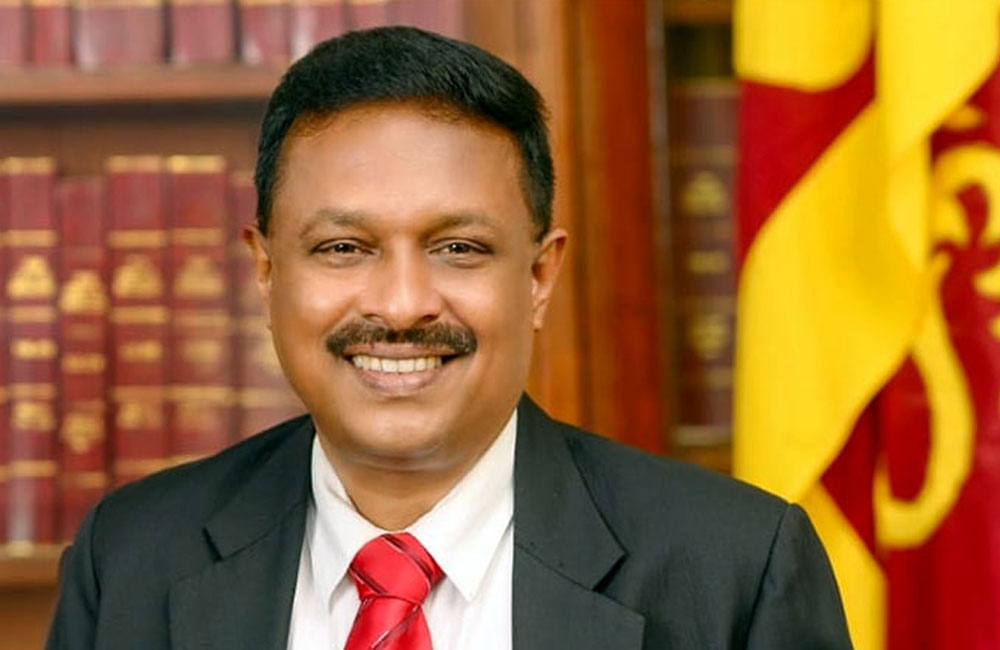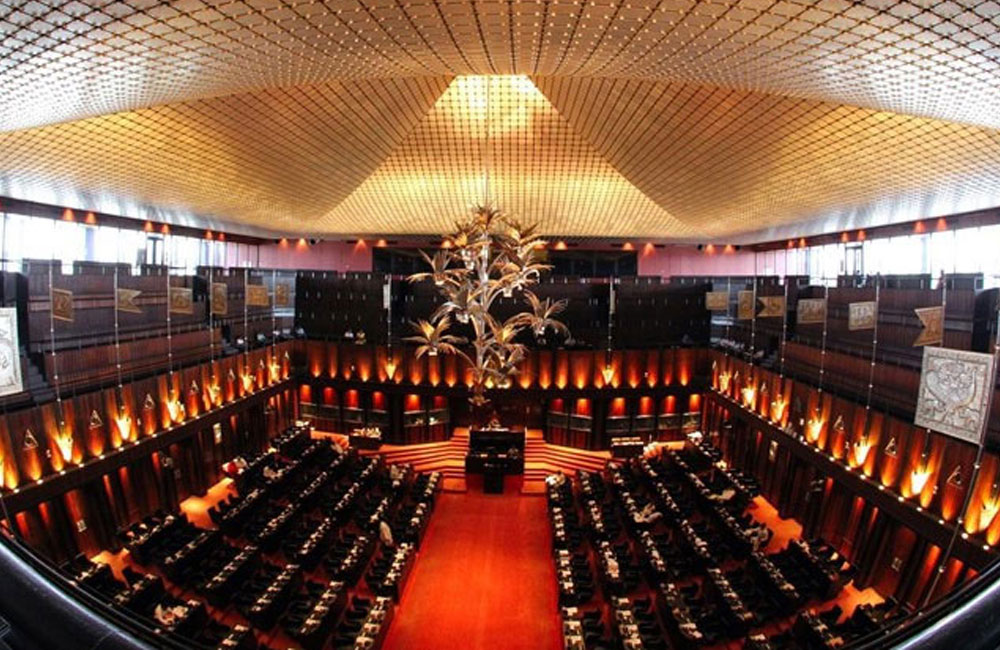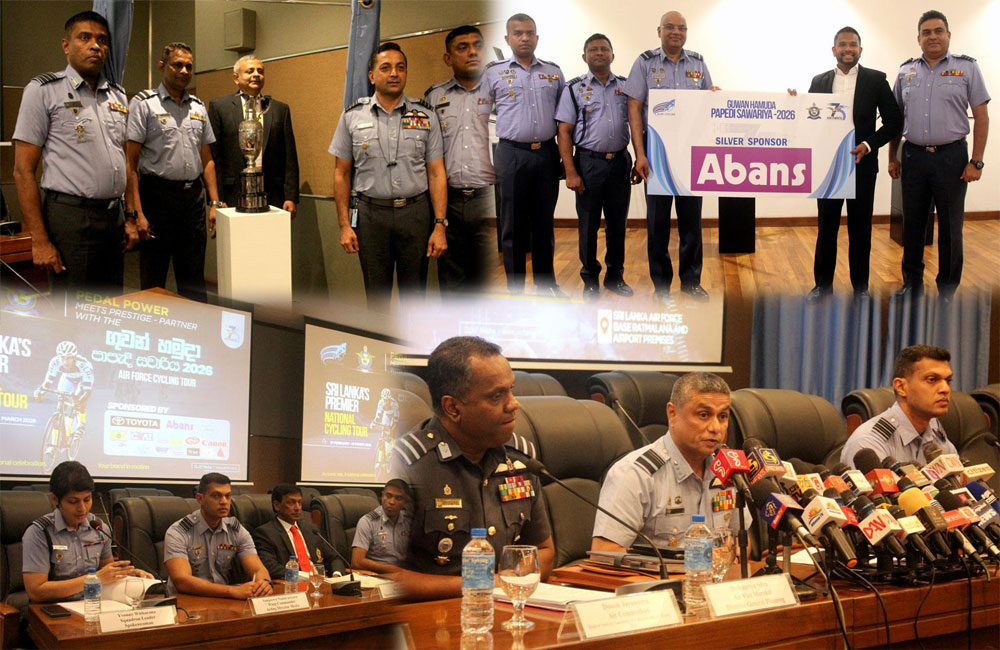President Donald Trump’s administration and the Indonesian government say they have finalised an agreement to lower US tariffs on the South East Asian country to 19% from 32%.
Under the deal, Indonesia will cut trade barriers on more than 99% of American imports - including agriculture, healthcare, seafood, technology and car-related goods - the White House said on Thursday.
Washington said it granted tariff exemptions on some Indonesian goods, including certain clothing and textiles that are produced with cotton and man-made materials from the US.
US trade representative Jamieson Greer said the agreement will “breaks down trade barriers” while advancing the interests of the American people.
The agreement came during a visit to Washington by Indonesia’s President Prabowo Subianto to attend the first meeting of the Trump-led “Board of Peace” to discuss the reconstruction of Gaza.
Indonesia’s coordinating minister for economic affairs Airlangga Hartarto said the finalised deal is beneficial to both sides and will attract greater investment in Indonesia.
Airlangga said about 90% of Indonesia’s requests on tariff terms were accepted by the US.
“The vision of this agreement is mutual economic prosperity, strong supply chains, and respect for each country’s sovereignty,” he told reporters in Washington.
Airlangga said that as part of the deal, Indonesia has secured tariff exemptions for more than 1,700 goods, including coffee, spices, chocolate, natural rubber and, notably, its top export product palm oil.
It comes in exchange for Indonesia opening up its markets to American products, such as by accepting US standards on car safety, emissions, medical devices and pharmaceuticals, said the White House.
It said that Indonesia will ease barriers on American agricultural and technology goods being sold in its market.
Indonesia will also facilitate US firms in developing the South East Asian country’s rare earths infrastructure, which will help Washington expand its supply of critical minerals.
The deal will take effect in 90 days and changes could still be made to the terms if both countries agree, said Airlangga.
On Wednesday, Indonesian and US companies signed a slew of deals worth $38.4bn (£28.6bn) for partnerships in mining, technology, textiles and other industries.
Prabowo said the deals came as part of the tariff agreement and that it will help Indonesia to reduce its trade surplus with the US.
“I’m very optimistic about the future of our relationship,” he said during a dinner hosted by the US Chamber of Commerce on Wednesday.
Source:adaderana.lk
